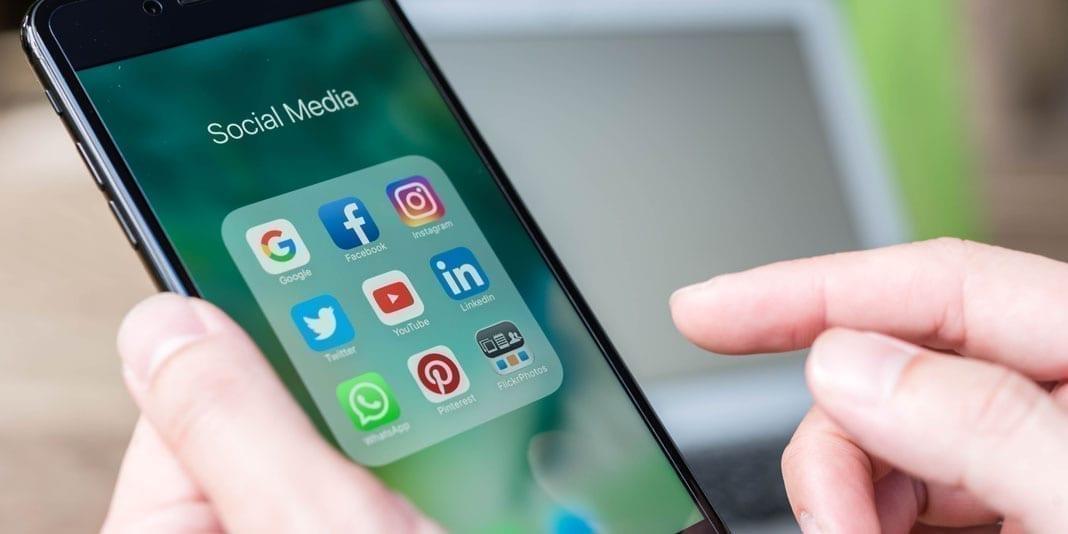We are engaged in a giant, worldwide experiment in mental health, social connection, and dialogue. No one is really in control of it. Oh, and by the way, you’re the guinea pig in this experiment.
That might sound a bit harsh, but the truth is that social media is a very new phenomenon, less than a decade old. We don’t know everything about how it helps and harms its users.
There are a lot of studies underway, though, and some evidence coming in about how social media can be bad for your mental health.
Stress
The Pew Research Center conducted an extensive survey of American adults measuring stress and social media use. They used a ten-question form called the Perceived Stress Scale. Men scored lower than women concerning stress and social media use in general, seven percent lower. Married people and older people reported somewhat less stress. If you’re a female and unemployed, stress levels might be higher.
Interestingly, certain activities in younger women who use social media regularly showed lower stress. In particular, sharing pictures and writing emails appear to help women feel more connected.
An interesting conjecture about why stress can increase with social media goes like this: knowing about others’ stress requires us to care more. Women are better at caring for others than men. There is a higher cost of knowing about other people’s problems via social media for women than men.
Mood
Mood is complicated, but there is some evidence that social media could make us feel worse. A survey out of Australia asked people how they felt after using Facebook for twenty minutes compared to just surfing the internet. People reported they felt worse after using Facebook because they had wasted their time.
That’s one of the problems with social media. You stare at your phone and time evaporates.
Body Image
The evidence is mixed concerning body image and social media use.
Social media does allow women, in particular, to experience positive and uplifting posts about body image. Social media creates a space for people to be positive about their body image in many ways and is a place to find tips for healthier lifestyles.
The negative side is that social media makes men and women spend more time thinking about body image. That isn’t always positive or negative, but it is more time spent dwelling on yourself. Men didn’t escape this trap. 87 percent of women said they compared their body image to others on social media. 65 percent of men did the same thing.
If you feel like you don’t want to be such a big part of the social media experiment, there are always ways to cut down. Someday we will probably find a healthy way to balance all the new technology. Still, it’s worth considering decreasing your time on social media if you find it’s making you feel worse. A little digital detoxing never hurts.




































